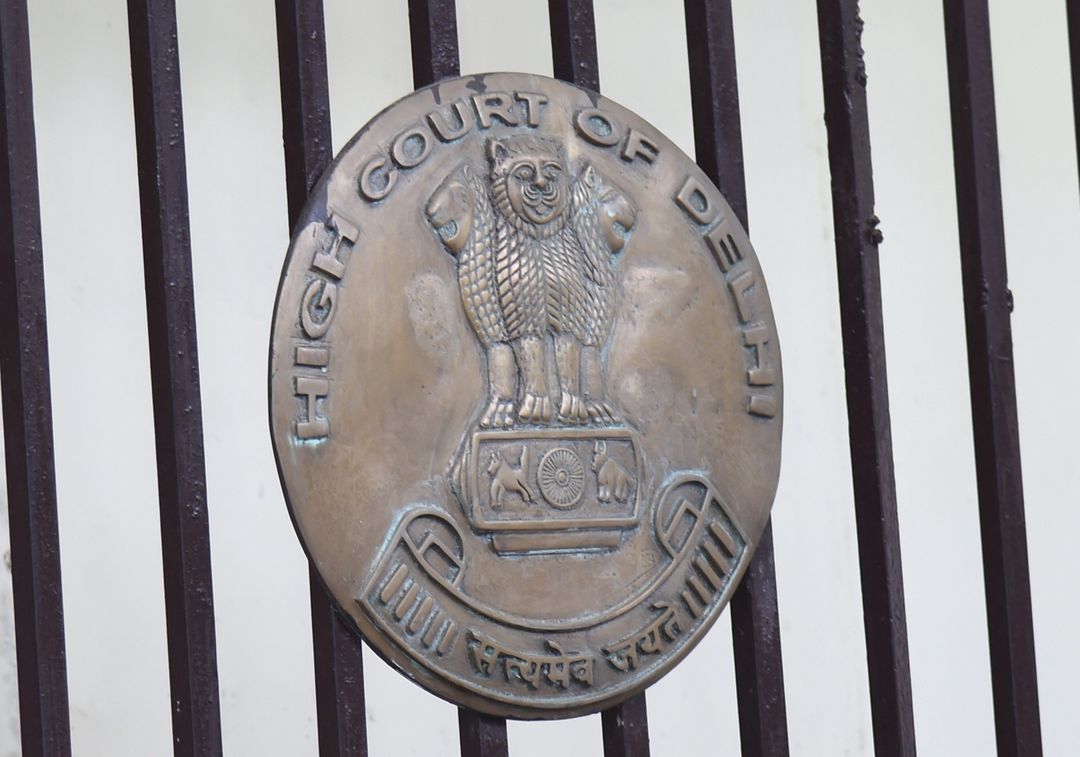New Delhi, March 3, 2025: The Delhi High Court has recently termed a complete ban on smartphones in schools as an "undesirable and unworkable" solution. Justice Anup Jairam Bhambhani emphasized that smartphone use among students should instead be carefully regulated and monitored, highlighting both the beneficial and potentially harmful effects of digital devices in educational settings.
"Much has changed in the past years regarding the use of technology, including educational and related purposes," the judge stated. Consequently, a complete prohibition on smartphone usage by students is neither practical nor advisable.
To balance these concerns with the practical benefits smartphones offer, the court suggested clear regulatory measures. It recommended arrangements for students to deposit smartphones upon arrival at school and retrieve them when leaving, preventing classroom distractions and preserving the educational atmosphere.
"Smartphones must not disrupt classroom teaching, discipline, or the overall educational atmosphere. Therefore, the use of smartphones in class must be prohibited. The use of camera and recording functions should also be banned in school common areas and school vehicles," the order specified.
Given the rapid pace of technological advancement, the guidelines further recommend regular policy reviews to accommodate emerging challenges.
This judgment arose from a petition filed by a minor student from a Kendriya Vidyalaya school who had faced disciplinary action for alleged misuse of a smartphone. The court observed that although CBSE and KVS had previously established guidelines in 2009, they had failed to produce the intended outcomes.
Court Advocates Balanced Smartphone Policy for Students
In an order dated February 28, Justice Bhambhani established guidelines designed to balance the positive and negative implications of smartphone usage by schoolchildren. Recognizing significant technological shifts in recent years, the court emphasized the importance of educating students on responsible digital behavior, proper online etiquette, and the ethical use of smartphones."Much has changed in the past years regarding the use of technology, including educational and related purposes," the judge stated. Consequently, a complete prohibition on smartphone usage by students is neither practical nor advisable.
Schools Advised to Regulate Smartphone Use with Clear Policies
The court mandated that schools must actively educate students about the risks associated with prolonged screen-time and excessive social media interaction, which could lead to anxiety, shortened attention spans, and increased vulnerability to cyberbullying.To balance these concerns with the practical benefits smartphones offer, the court suggested clear regulatory measures. It recommended arrangements for students to deposit smartphones upon arrival at school and retrieve them when leaving, preventing classroom distractions and preserving the educational atmosphere.
"Smartphones must not disrupt classroom teaching, discipline, or the overall educational atmosphere. Therefore, the use of smartphones in class must be prohibited. The use of camera and recording functions should also be banned in school common areas and school vehicles," the order specified.
Ensuring Safety, Security, and Communication
Acknowledging smartphones' critical role in enhancing communication between parents and students, as well as in ensuring students' safety and security, the court stressed that schools must allow students to use phones strictly for essential connectivity and coordination purposes. However, smartphone use for entertainment or recreational activities within school premises was explicitly disallowed.Transparent Policies with Measured Enforcement
Justice Bhambhani directed schools to formulate smartphone usage policies in close consultation with parents, educators, and technology experts. Policies should clearly outline transparent, fair, and enforceable consequences for breaches, such as temporary confiscation or suspension of smartphone privileges, ensuring disciplinary measures are consistent yet not excessively harsh.Given the rapid pace of technological advancement, the guidelines further recommend regular policy reviews to accommodate emerging challenges.
Court Order to be Shared with Education Authorities
The court instructed that copies of this order be promptly forwarded to the Chairman of the Central Board of Secondary Education (CBSE), the Director of Delhi Government's Directorate of Education, and the Commissioner of Kendriya Vidyalaya Sangathan (KVS).This judgment arose from a petition filed by a minor student from a Kendriya Vidyalaya school who had faced disciplinary action for alleged misuse of a smartphone. The court observed that although CBSE and KVS had previously established guidelines in 2009, they had failed to produce the intended outcomes.

